Can the US take a backseat in Asia and maintain peaceful coexistence with China?
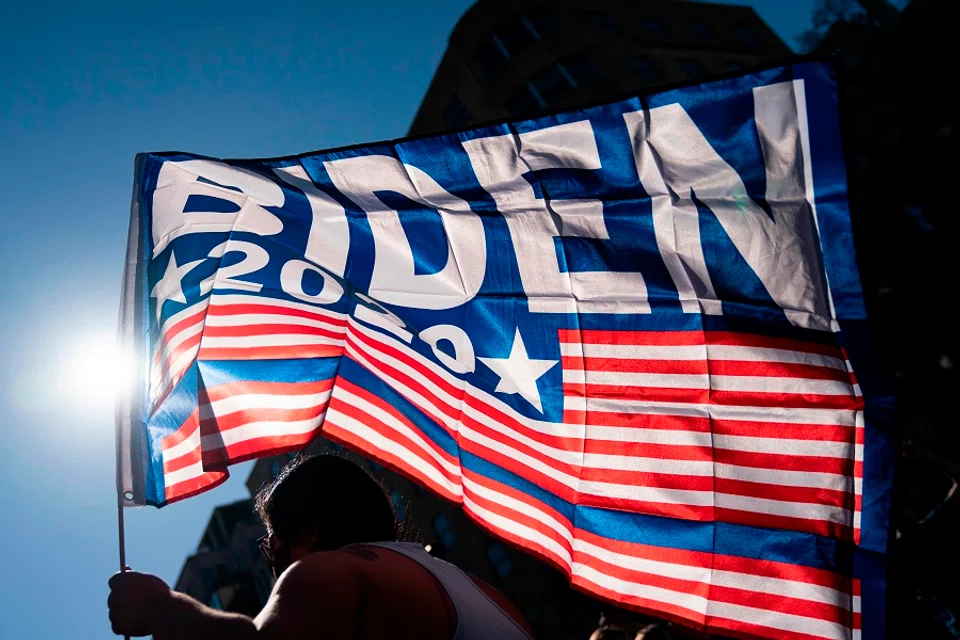
US President-elect Joe Biden has said that the US is "back, ready to lead the world". What does this mean for China? Perhaps we should first consider if there will be a change in US-Taiwan relations?
Many observers believe that since the US's containment policy towards China is unlikely to change when Biden takes office, Taiwan's strategic value will also remain unchanged. While this is true to some extent, it is an incomplete observation.
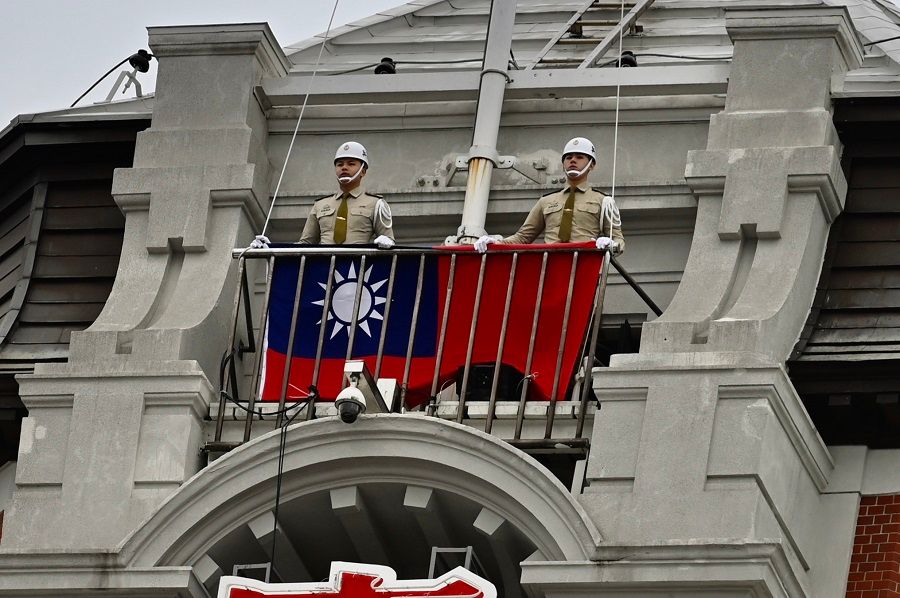
Taiwan's strategic value to the US depends on whether the latter can accept withdrawing from Asia and relinquishing its dominant position in the East Asian region. This is because, in addition to relying on its own superpower to dominate Asian affairs, the US could also rely on its Asian allies or partners to exercise its influence by proxy. And this is within Biden's basket of choices - to be more reliant on its allies and not engage in solo missions like the current US President Donald Trump.
Under such circumstances, Taiwan's strategic value to the US would be reduced.
US allies in Asia waiting in the wings
The US has plenty of allies or partners in Asia. Countries in China's vicinity, such as India, Japan, South Korea, Australia or some countries in ASEAN, are all firm allies and partners of the US. If the US wants to influence affairs in Asia, it has other ways of doing so apart from boosting Taiwan's strategic value.
In fact, the US's Asian allies or partners do not agree with Trump's approach of strengthening Taiwan's position. Firstly, giving Taiwan excessive military support and elevating its ties with the US will likely trigger strong reactions from Beijing, who will not sit back and watch. The East Asian region will become more unstable and the US will have to be the solution to that problem.
If Biden decides to rely more on American allies and partners to solve international problems and maintain the US's influence and position, many countries would be happy to play a role.
Placing Taiwan prominently at the forefront of China-US competition would only bring more complications instead of benefits to Taiwan.
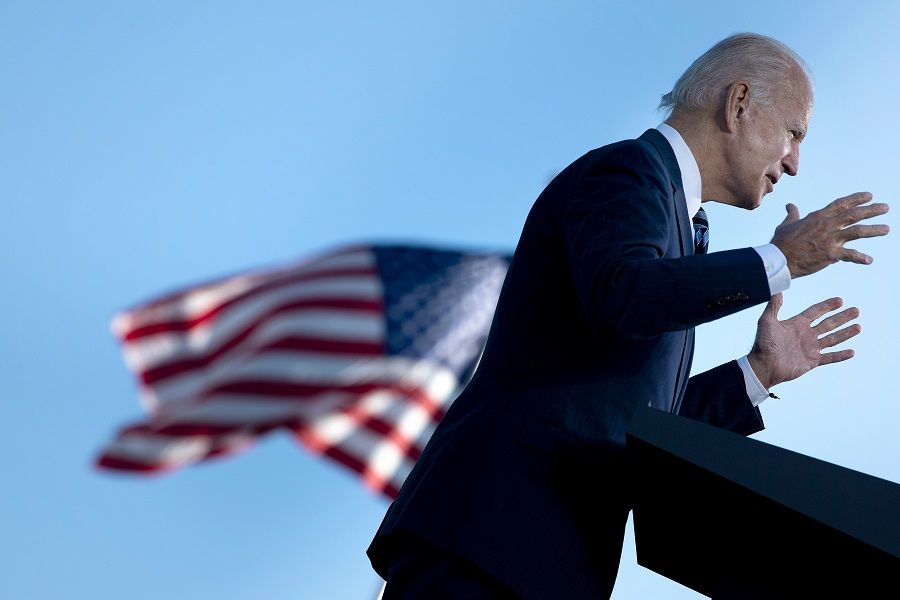
Many Asian countries are sandwiched between China and the US and it is not in their interest to pick a side. But if the US jointly implements its containment policy against China with its allies or hedges against the pressure brought about by the expansion of China's influence, these countries would gladly participate because it aligns with their interests. In this way, they will not need to face the pressure of China alone, and yet be able to advance their interests while maintaining a neutral position.
Under such circumstances, Taiwan's strategic value to the US would not be at the level that Taiwan's Democratic Progressive Party or people with anti-China sentiments hope for. Placing Taiwan prominently at the forefront of China-US competition would only bring more complications instead of benefits to Taiwan.
Room for both China and the US to coexist?
At this juncture, we have to ask ourselves if there really is no room for compromise in China-US relations? Is mutual containment till either one party admits defeat the only way out? Not necessarily.
But what if Nixon's policies had worked, and China similarly rose to its current scale, would the US's attitude be any different?
If the US can overcome its fear of China's rise, or accept the fact that its global status is on the decline without necessarily losing its dominant position, then the US's China policy can be completely different.
Many Americans are claiming that Nixon's China engagement policies have failed, and so there needs to be tougher measures against China's expansionist behaviour. But what if Nixon's policies had worked, and China similarly rose to its current scale - would the US's attitude be any different?
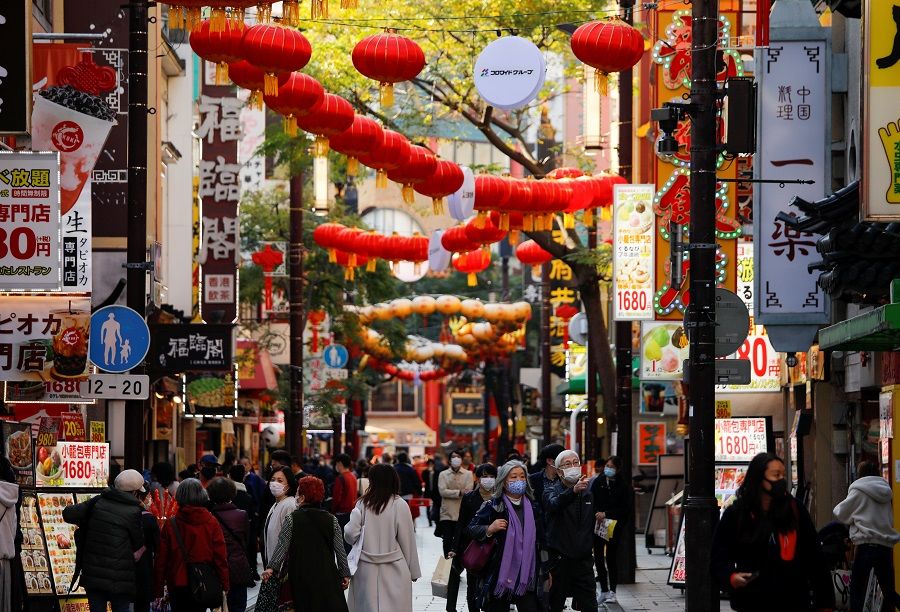
I think not. Japan is the US's firmest Asian ally. If we imagine what China would look like under a successful US engagement policy, Japan is a good point of reference. Culturally, China and Japan are very similar. Politically, Japan constructed a post-WWII political framework according to the US's design. Notwithstanding, did Japan escape US oppression during the 1980s and 1990s?
Is the China threat real or imaginary?
So, the crux of the issue is not whether China made the desired changes under the US's engagement policy, but whether the US can accept the decline in its global standing. Other issues like cultural differences or differences in political systems are just excuses.
We now come to our next question: is the China threat real or imaginary?
Geographically and culturally, China does not have a history of aggression. Its civilisation has always been an agrarian one while its geographic barriers to the north, west, and southwest limit its potential for external expansion. As for the eastern and southern coasts, even when China's naval power was strong enough to dominate the world, it did not show aggression towards other countries. Hence, tradition and culture dictate that China would lack a strong tradition for external expansion and aggression.
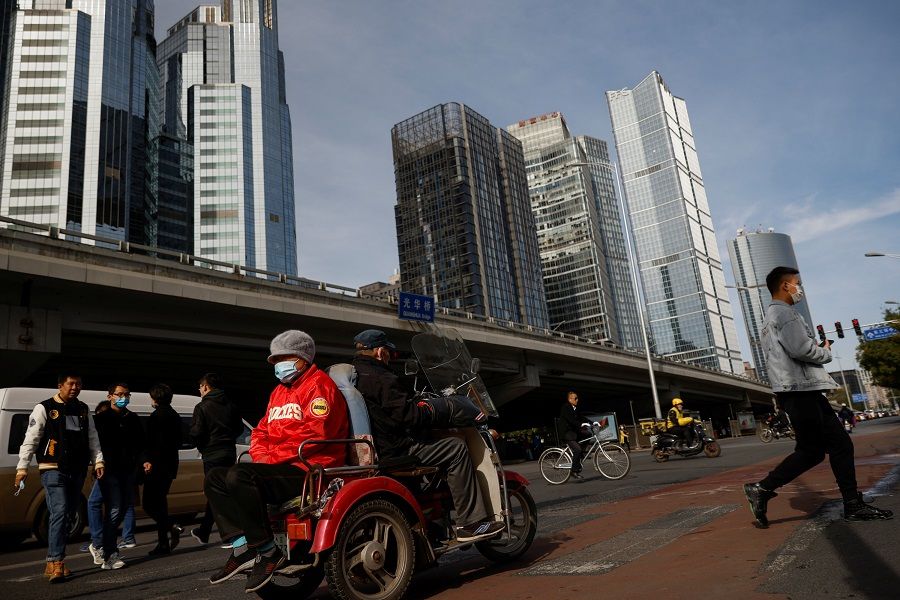
So, the US should not see China as an outrightly aggressive country. At the same time, it should distinguish between actions taken out of insecurity versus aggression. A different reading will lead to a different outcome. In particular, if the US repeatedly sees China as a strategic competitor and adversary, China's counterattacks would become inevitable.
Beijing prefers a stable external environment
Importantly, what type of world order would be most beneficial to Beijing? The answer perhaps lies in the last 20 years of peaceful globalisation. A stable and prosperous world has been advantageous to Beijing. It has helped Beijing to obtain sufficient economic returns that can be turned into resources to deal with an endless amount of domestic problems and challenges.
If China and the US fall into excessive competition and confrontation, Beijing would have to simultaneously face internal and external pressures. Regardless of where it allocates its resources, unforeseen circumstances could result on the other side. Thus, a safe and stable world is most beneficial to Beijing. If there is intense competition or confrontation between China and the US, such a stable environment would vanish.
As aforementioned, would the US be able to accept losing the capacity to play a leading role in Asia? If China builds a system of self-defence in its vicinity, would the US calmly accept it? The answer may bring about major shifts in the US's China and foreign policies. But it is entirely possible for China and the US to reach a consensus on coexistence. The outcome would also greatly impact the interests of other countries around the world, and shape the 21st-century global order.
